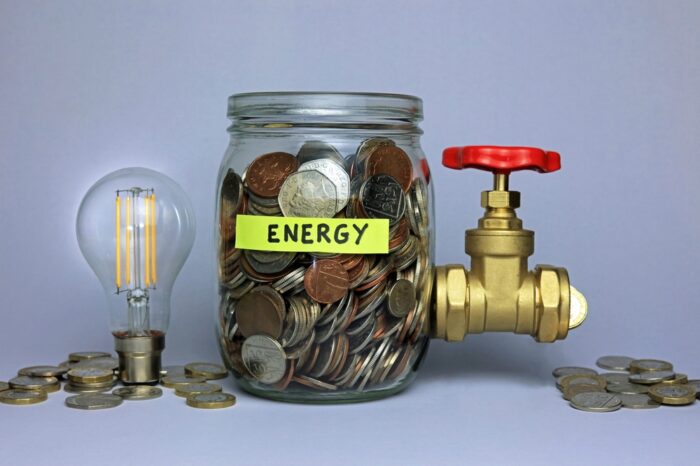The average household energy debt has risen 13% to £216 among those already owing money to their provider ahead of winter, according to Uswitch.
The price comparison website found that more than three million households are in debt to their energy supplier – up 11% on this time last year – with the number of homes owing money to their supplier rising from 2.8 million to 3.2 million.
More than nine million households currently have no energy credit going into winter the time of year when homes use the most power. Typically, customers should aim to build up energy credit during the summer to help pay for heating during the coldest months.
Two fifths (40%) of those in arrears with their energy supplier told Uswitch their debt was higher than last year, and a quarter (28%) believed their position to be about the same as 12 months ago. Nearly one in seven (14%) said they have moved from being in energy credit a year ago to being in debt now.
Uswitch found that more than half (53%) of households were –worried about how they will pay their energy bills this winter, with only a quarter (25%) saying they were unconcerned.
Many of those in energy debt have no plan for how they will improve their situation, with nearly a quarter (23%) just hoping that the problem will go away over time.
Almost a fifth (18%) planned to pay off the debt in one lump sum, a quarter (25%) will increase their direct debit, and one in seven (13%) hoped to agree a repayment plan with their provider. Worryingly, one in 10 (9%) said they can’t afford to pay off their arrears.
Of the 59% of households who have built up a credit balance ahead of winter, the average credit now stands at £236, down from £249 last autumn.
‘Building an energy war chest is important’
Richard Neudegg, director of regulation at Uswitch.com, said: “Building up a war chest of around two months of energy credit is important as we head into winter, and it’s worrying that more than nine million households have no buffer against the coldest months.
“Average household energy debt for autumn is at the highest level we’ve seen in more than five years. And with the price cap changing every three months – households are facing even more uncertainty this year as prices are expected to rise again in January.
“If your energy account is going into debt or you are behind on your bill payments, speak to your provider as soon as possible. They should be able to help you find a solution, such as working out a more affordable payment plan. You may also find you are eligible for additional support such as hardship funds and other energy help schemes.”
Ofgem revealed last week that energy debt reached a record £2.6bn over the summer. The regulator has drawn up plans to up bills by an average of £17 a year to reduce the risk of suppliers going bust.

